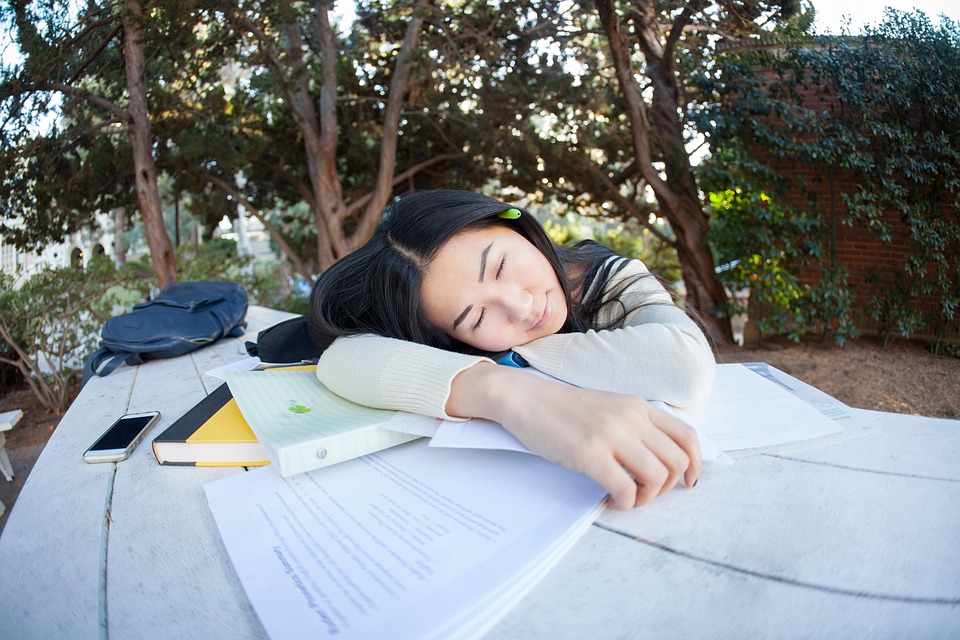
Research has shown that up to seven of every 10 children with ADHD have clinical sleep disturbances. Also, children with ADHD have higher rates of sleepiness during the day and are at increased risk of sleep disorders such as:
- Sleep disordered breathing
- Restless legs syndrome,
- Periodic limb movements during sleep and
- Circadian rhythm disorders
This is important because disturbed or inadequate sleep can exacerbate the symptoms of ADHD including hyperactivity, impulsivity, or irritability.
There are many reasons a child with ADHD may have difficulty sleeping:
- They can have problems with self-regulation which keeps them from transitioning from active mode to a wind-down mode at the end of the day.
- They are a more prone to nightmares, bedwetting and sleep disorders (see above).
- They have a tendency to put off doing homework or other tasks until the last minute which makes the later hours in the home environment more hectic.
- If they are “tweens” or teens, they may feel more productive during quiet nighttime hours and fall into the habit of staying up too late too often.
- They can have anxiety problems which can become stronger at night when there are fewer activities to distract them and make them less able to fall asleep or stay asleep.
- They may be taking stimulant medications which can interfere with sleep.
There are a number of steps parents can take to help a child with ADHD get a better night’s sleep.
- Encourage them to engage in physical activity after school.
- Help them prioritize important task like homework, so these can get done earlier in the evening.
- Get them to engage in less stimulating activities later in the evening – especially those involving screen time – and focus on calming activities like reading or listening to music.
- Have them avoid food or beverages with caffeine in the evening.
- Involve the child’s doctor and other care providers to discuss issues like fine-tuning stimulant medication if it is interfering with sleep. Also alert the doctor to any issues that might signal a sleep disorder like heavy snoring.
- Consider things like a white noise machine or relaxation training.
Researchers are investigating new methods to help children with ADHD sleep better, but following these suggestions can make a big difference now.



Jan
I am a retired psychiatrist 83 yr. old, self diagnosed ADD belatedly at age 75. I never before realized my childhood bed wetting and sleep apnea (now on BiPap) were associated with ADD. Even my failure in the number/symbol substitution test at age 30 should have caused the psychologist in my psych residency giving the test as a demonstration to alert me.
There is a great need for more education of young parents and the public on the symptoms of ADD.